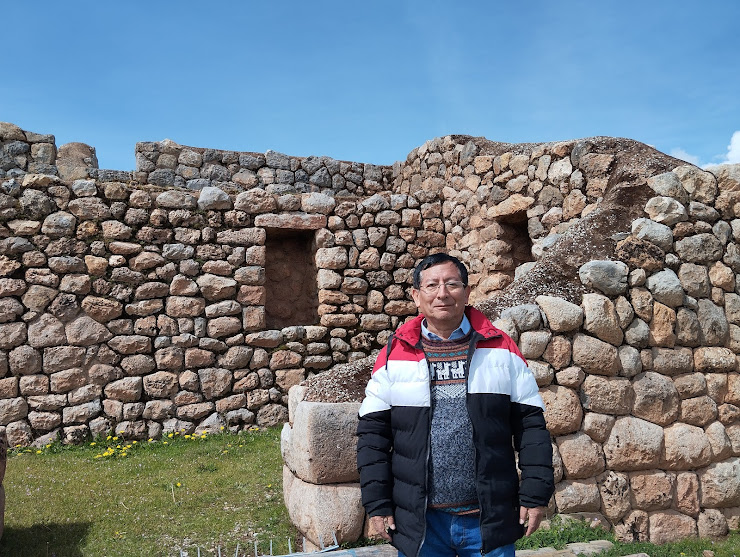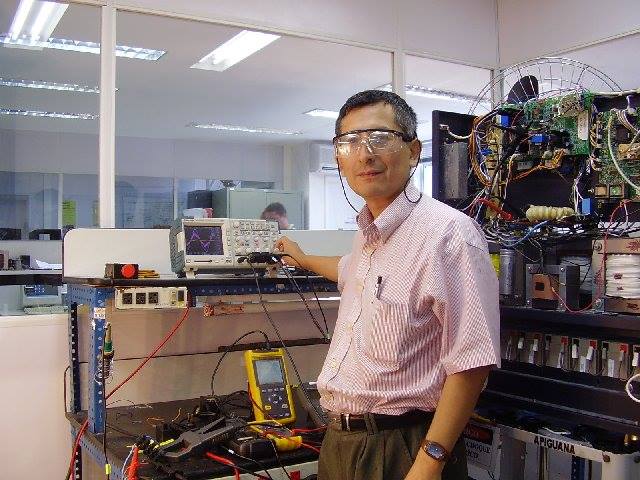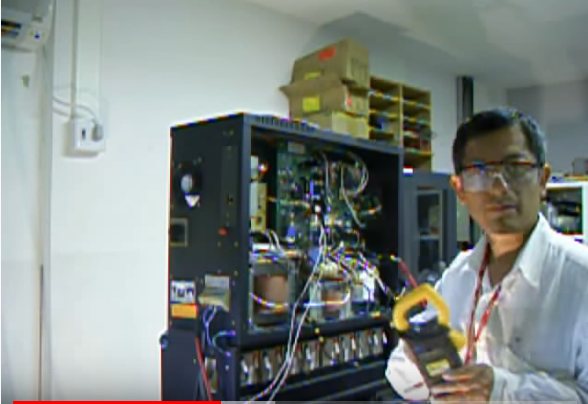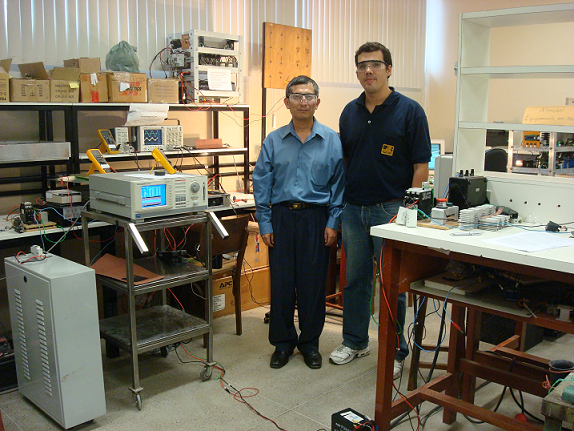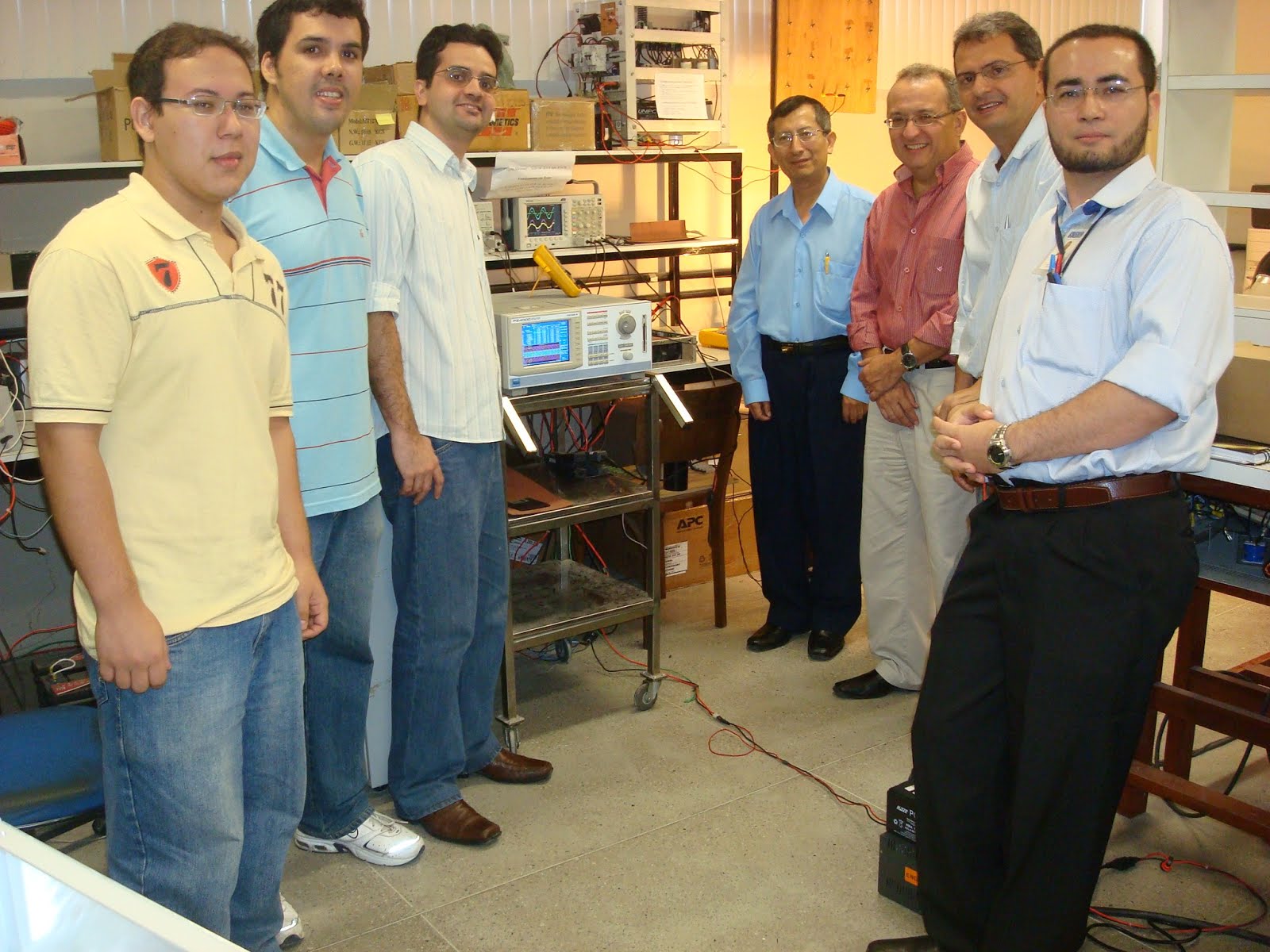sábado, 21 de julho de 2018
Development of DC to Single-phase AC Voltage Source Inverter with Active Power Decoupling Based on Flying Capacitor DC/DC Converter-Hiroki Watanabe, Tomokazu Sakuraba, Keita Furukawa-2018
Development of DC to Single-phase AC Voltage Source Inverter with Active Power Decoupling Based on Flying Capacitor DC/DC Converter-Hiroki Watanabe, Tomokazu Sakuraba, Keita Furukawa
Abstract—In the present, an power decoupling method without additional component is proposed for a DC to Single-phase AC converter, which consists of a flying capacitor DC/DC converter (FCC) and the voltage source inverter (VSI). In particular, a small flying capacitor in the FCC is used for both a boost operation and a double-line-frequency power ripple reduction. Thus, the DC link capacitor value can be minimized in order to avoid the use of a large electrolytic capacitor. In addition, component design, of e.g., the boost inductor and the flying capacitor, is clarified when the proposed control is applied. Experiments were carried out using a 1.5-kW prototype in order to verify the validity of the proposed control. The experimental results revealed that the use of the proposed control reduced the DC link voltage ripple by 74.5%, and the total harmonic distortion (THD) of the inverter output current was less than 5%. Moreover, a maximum system efficiency of 95.4% was achieved at a load of 1.1 kW. Finally, the high power density design is evaluated by the Pareto front optimization. The power densities of three power decoupling topologies, such as a boost topology, a buck topology, and the proposed topology are compared. As a result, the proposed topology achieves the highest power density (5.3kW/dm3) among the topologies considered herein.
Index Terms—Photovoltaic system (PV), Flying capacitor DC/DC converter, Active power decoupling, Power density design
LINK:http://itohserver01.nagaokaut.ac.jp/itohlab/paper/2018/20180301_IEEE_TPEL/watanabe.pdf
quinta-feira, 19 de julho de 2018
quarta-feira, 18 de julho de 2018
terça-feira, 17 de julho de 2018
I Seminário de Eletrônica de Potência para Energias Renováveis-SEPER2017
SEPER – I Seminário de Eletrônica de Potência para Energias Renováveis A Universidade Federal de Santa Catarina (UFSC), o Instituto Brasileiro de Eletrônica de Potência e Energias Renováveis (IBEPE) e a Fundação de Ensino e Engenharia de Santa Catarina (FEESC) realizarão o SEPER - I Seminário de Eletrônica de Potência para Energias Renováveis. O evento irá aconteceu no Centro de Pesquisa e Capacitação em Energia Solar da UFSC no Sapiens Parque em Florianópolis no dia 22/09/2017 a partir das 9h00. O Centro de Pesquisa e Capacitação em Energia Solar da UFSC está localizado na Av. Luiz Boiteux Piazza, 1302 - Lotes 114/115 - Sapiens Parque - Cachoeira do Bom Jesus - Florianópolis - SC
CONVERSORES CC-CC ISOLADOS TIPO T COM COMUTAÇÃO SUAVE PARA ALTAS TENSÕES Defesa da Tese de DOUTORADO Delvanei G. Bandeira Jr. Orientador: Prof. Ivo Barbi, Dr. Ing Coorientador: Prof. Telles Brunelli Lazzarin, Dr-UFSC-BRASIL
CONVERSORES CC-CC ISOLADOS TIPO T COM COMUTAÇÃO SUAVE PARA ALTAS TENSÕES
Defesa da Tese de Delvanei G. Bandeira Jr.
Orientador: Prof. Ivo Barbi, Dr.
Ing Coorientador: Prof. Telles Brunelli Lazzarin, Dr.
Tese (doutorado) - Universidade Federal de Santa Catarina, Centro Tecnológico. Programa de Pós-Graduação em Engenharia Elétrica, Florianópolis JUNHO 2018-BRASIL
SEMINAR Novel Methods in Control & Monitoring of Photovoltaic Systems-Dr. Mohammadreza Aghaei
In this research, several experimental tests have been designed and performed to examine the quality, accuracy, robustness, reliability, capability and flexibility of different parts of the proposed automatic control system in real and large-scale PV plants. The preliminary results have proven that automating the procedure of PV plants inspection is very promising, being practical, precise and much faster than traditional monitoring methods.
About Dr. Mohammadreza Aghaei Mohammadreza Aghaei has completed his Bachelor degree in Electronics Engineering in 2009 and studied Master of Business Administration (MBA - Project Management). He received the M.S. degree in Electronics Engineering (Solar Cells) from Tenaga Nasional Universiti, Malaysia in 2013 and the Ph.D degree in Electrical Engineering (PV modules and systems) from Politecnico di Milano, Italy in 2016.
segunda-feira, 16 de julho de 2018
Primeiro webinário da SOBRAEP– Associação Brasileira de Eletrônica de Potência-Conversores de Energia a Capacitor Chaveado-Prof. Ivo Barbi-03/08/2018 (sexta-feira) - 14 horas
Primeiro webinário da SOBRAEP– Associação Brasileira de Eletrônica de Potência-Conversores de Energia a Capacitor Chaveado-Prof. Ivo Barbi-03/08/2018 (sexta-feira) - 14 horas
Primeiro webinário da SOBRAEP– Associação Brasileira de Eletrônica de Potência
O primeiro webinário da SOBRAEP terá o tema Conversores de Energia a Capacitor Chaveado e será apresentado pelo Prof. Ivo Barbi no dia 03/08/2018 (sexta-feira) – 14 horas. O Prof. Ivo Barbi tem como uma das grandes conquistas a fundação da SOBRAEP no início da década 1990. O webinário será transmitido a partir do canal da SOBRAEP no Youtube (SOBRAEP ORG) e o acesso a transmissão pode ser feito de duas formas:
1) A partir do site da SOBRAEP (https://www.sobraep.org.br/), em PRÓXIMOS WEBINARS no botão REGISTRE-SE AQUI;
2) A partir do link direto para a transmissão https://www.youtube.com/watch?v=1Jtw4QM-Mvw.
Conversores de Energia a Capacitor Chaveado-Prof. Ivo Barbi-QUANDO-03/08/2018 (sexta-feira) - 14 horas
Ivo Barbi: o pesquisador da eletrônica de potência
“Há 31 anos, quando voltei do meu doutorado na França, o Brasil desconhecia a eletrônica de potência moderna”, lembra o professor Ivo Barbi, escolhido pelo Centro Tecnológico da UFSC para receber o Prêmio Destaque Pesquisador UFSC 50 Anos. Com graduação em Engenharia Elétrica e mestrado na mesma área pela UFSC, doutorado pelo L’institut National Polytechnique de Toulouse, ele contribui para que Santa Catarina e o Brasil sejam referências na área de eletrônica de potência.
Professor titular da UFSC, Ivo Barbi é o fundador do Laboratório de Máquinas Elétricas e Eletrônica de Potência (Lamep), que em 1994 se transformou no Instituto de Eletrônica de Potência (INEP). A mudança no nome marcou também a ampliação do espaço dedicado às pesquisas, conquista de Ivo Barbi e de outros professores do Departamento de Engenharia Elétrica. O laboratório original se desdobrou em oito que contribuem para o desenvolvimento tecnológico da energia elétrica a partir da eletrônica de potência, em atividades de ensino, pesquisa e extensão. “O INEP é o segundo maior em sua área, só perde para outro da Virgínia, nos Estados Unidos.”, orgulha-se o pesquisador.
NA FOTOGRAFIA QUANDO EU VISITEI EM 1990 O INEP EM UM DOS SEMINÁRIOS DE ELETRÔNICA DE POTENCIA,REALMENTE O PROF. IVO BARBI E UM ÍCONE DA ELETRÔNICA DE POTÊNCIA NO BRASIL AMERICA DO SUL E DO MUNDO.
domingo, 15 de julho de 2018
terça-feira, 10 de julho de 2018
Iron Loss and Hysteretic Properties under PWM Inverter Excitation at High Ambient Temperatures Atsushi Yao, Shunya Odawara, Keisuke Fujisaki IEEJ Journal of Industry Applications-JAPAN 2018
Abstract
We experimentally and numerically investigate the magnetic properties of magnetic materials excited by sinusoidal and pulse width modulation (PWM) inverter input at high ambient and room temperatures. We show that the iron losses under sinusoidal and PWM inverter excitations decrease with an increase in temperature. It is found that the temperature dependency of iron loss properties is related not only to major loop but also to minor loops. Furthermore, we derive the numerical expression for the hysteretic properties of the PWM inverter- and sinusoidal-fed ring tests at room temperature and 300°C by using the play model with the Cauer circuit.
LINK
https://www.jstage.jst.go.jp/article/ieejjia/7/4/7_298/_pdf/-char/en
Assinar:
Postagens (Atom)




























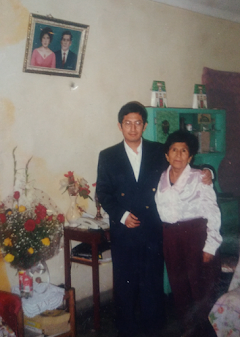





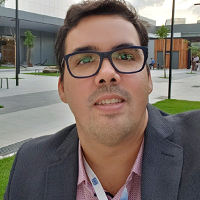
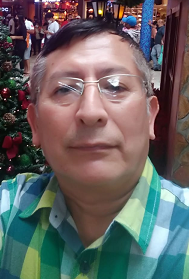







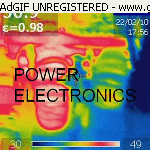




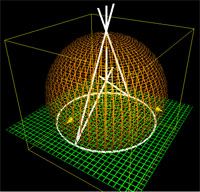


 JOSIL ARTISTA PLASTICO FORTALEZA CEARA BRASIL AV.HERACLITO GRAÇA 41 TEL(85)32542378
JOSIL ARTISTA PLASTICO FORTALEZA CEARA BRASIL AV.HERACLITO GRAÇA 41 TEL(85)32542378